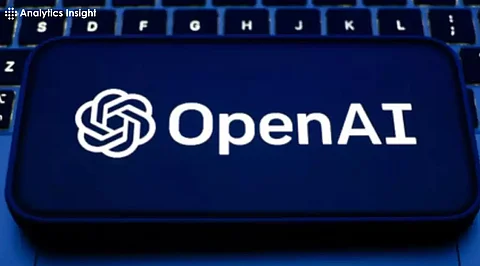

OpenAI, the creator of ChatGPT, isn’t just tinkering with chatbots—they’re dreaming big, with a vision that could reshape America’s tech landscape. By 2025, their ambitions seem to stretch beyond building clever AI models into something broader: a master plan to cement the US as the world’s AI powerhouse. But what’s the gist of this grand scheme? Let’s piece it together from what we know and what’s bubbling up in the tech world.
At its core, OpenAI wants to keep the US ahead in the AI race. They’ve already rolled out heavy hitters like GPT-4.5 and agent-driven tools—think software that doesn’t just talk back but handles multi-step tasks like a digital assistant on steroids. A recent report from Ars Technica highlights their new developer API, letting coders build custom AI agents that dig through files or surf the web. This isn’t just a shiny toy; it’s a signal they’re pushing AI into every corner of American life—businesses, homes, maybe even government desks. Their plan likely hinges on making AI so good, so accessible, that it’s as common as Wi-Fi.
The kicker? They’re not stopping at software. Rumors swirl about pricey subscriptions—up to $20,000 a month for PhD-level research agents—showing they’re targeting big players: universities, corporations, maybe even Pentagon think tanks. If they pull this off, OpenAI could turn the US into an AI innovation hub, outpacing rivals like China or Europe.
Here’s where it gets wild: OpenAI’s CEO, Sam Altman, has said 2025 is the year AI agents “join the workforce.” Picture this—software that books your flights, sorts your emails, or even negotiates deals, all without you lifting a finger. Their master plan might be to flood the US economy with these agents, slashing busywork and boosting productivity. Small businesses could run leaner, big firms could scale faster, and workers might shift from grunt tasks to creative gigs.
But it’s not all rosy. If agents take off, jobs could vanish—think customer service reps or data entry folks. OpenAI’s likely betting on the upside: new roles in AI oversight or design, keeping America’s economy humming. They might even push for policies—like tax breaks for AI adopters—to grease the wheels, making the US the first nation to fully embrace this shift.
AI doesn’t run on good vibes—it needs juice, and lots of it. OpenAI’s plan could involve a hard pivot toward infrastructure. Back in late 2024, posts on X mentioned a “Blueprint for U.S. AI Infrastructure,” hinting at AI economic zones or tapping the Navy’s nuclear know-how for power. By 2025, they might be lobbying for a national grid overhaul—think of a “Transmission Highway Act” to funnel energy to AI data centers.
The idea? Keep the US plugged in while China scrambles with blackouts.
This isn’t cheap. OpenAI lost billions last year, so they’re probably eyeing private funding or government buy-in—maybe both. If they convince Washington to back this, it’s not just about keeping servers humming; it’s about making the US the backbone of global AI, with OpenAI steering the ship.
OpenAI’s not just playing techie—they’re dipping into politics. Sam Altman hosting a fundraiser for a Democratic senator in March 2025 (per The New York Times) shows they’re cozying up to Capitol Hill. Their master plan might include nudging laws to favor AI growth—think lighter regulations or fat research grants. They could pitch AI as a national security must-have, ensuring the US doesn’t lag in a tech arms race.
On the flip side, they’ve got to win over the public. With privacy scandals and job-loss fears, OpenAI might roll out campaigns—sleek ads, school programs—to sell AI as a friend, not a foe. If they nail this, they’ll have Americans cheering for a future where AI’s as American as apple pie.
So, what’s OpenAI’s master plan for the US? It’s a cocktail of ambition: turbocharge AI tech, retool the economy with agents, build a power grid to match, and sway policy to lock it all in. By 2025, they’re not just aiming to lead—they want the US to be the AI era, with OpenAI as the architect. Risks? Sure—job shakes, cash burn, public pushback. But if they pull it off, America could ride their coattails to a tech throne. Watch this space; they’re just getting started.
